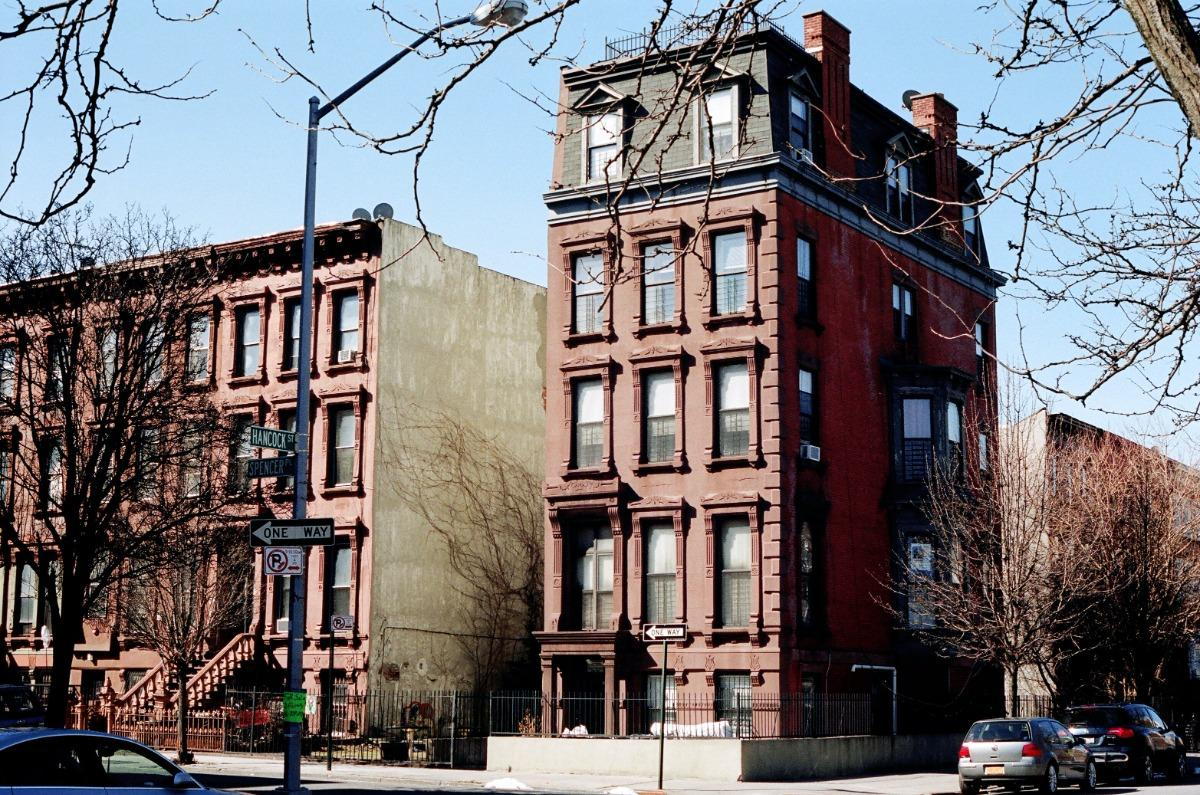
- posted: Jul. 27, 2022
What are a Tenant’s Rights When a Landlord Sells Property?
When landlords make decisions in regards to their property, they’re not always required to consult you as a tenant. However, there are other cases where your rights must be considered before making a decision, such as choosing to sell the property.
When selling your property, the new owner can make a number of changes, including adjusting or creating a new lease agreement. For this reason, you must consider what rights your tenants have. In fact, not doing so can lead to serious legal repercussions. Here is a list of tenant rights to consider before making your decision:
1. Proper Notice for Showings
If a unit is occupied, you have the right to be given notice before the unit is shown to other potential renters. Due to the fact that the property is being shown before your lease expires, landlords must communicate with the tenant in regards to showing the property.
As a tenant, you’re entitled to the right to privacy, and showing the property without notice violates these rights. Landlords must give you a notice at least 24 to 48 hours prior to the showing, otherwise they’re in violation of your rights and can face legal repercussions.
2. Relocation Fees
If the building’s sale will force you to relocate, then it is within your rights to receive relocation assistance. Landlords may even assist your relocation in order to help attract potential buyers.
Landlords may choose to buy you out in order to quickly vacate the property. This is when a landlord agrees to pay you a specified sum in order to get you to relocate. Landlords may also have to provide you with other forms of relocation assistance, such as a relocation allowance.
3. The Right to Stay on the Property After the Sale
When signing a lease agreement, you’re tied to the property; not the landlord or management company. This means you have the right to continue to occupy the property after it is sold. If there have been no prior arrangements made to terminate the lease early, then the new owner of the property is legally required to abide by your lease until it expires. If they want you to leave sooner, then they can make you offers to buy you out. However, if either the old owner or the new owner deliberately make living in the building miserable for you, they may be guilty of landlord tenant harassment.
4. Leaving the Property As-Is
At the end of a tenant’s lease, they are legally required to leave the unit in good condition. Otherwise, they can be required to cover the costs of repairs. However, if there is a new owner who is requiring tenants to vacate, tenants have the right to leave their unit in its current condition, regardless of any needed repairs or cleaning. This is because the tenant is being forced to vacate, meaning there is no incentive for them to return the unit to good conditions. If the new owner wishes for the tenant to do so, they may offer cash incentives to tenants.
5. Your Security Deposit
Even if there is a new owner, tenants still have the right to their security deposit. The previous owner is required to inform tenants on how they can collect their deposit once their lease has expired. However, the new owner still has the right to make deductions from the deposit if they see fit.
6. Your Original Lease Remains in Effect
Once a lease agreement is signed, tenants have the right to this lease regardless of if there is a new owner. In fact, the new owner is legally obligated to abide by the original lease until it expires. This includes any special exceptions that have been specified on the original lease, such as having pets on the property.
Outerbridge Law Can Protect Your Rights as a Tenant
If your building is being purchased or has been purchased, you might feel like you’re losing your home and have no control over what’s happening. Fortunately, you do, and the sale of the place you call home doesn’t have an impact on your rights as a tenant.
If you’re being unlawfully forced out of your home, not being given the appropriate accommodations, or the terms of your lease have been violated by your landlord, know that you don’t have to take it lying down. Outerbridge Law has represented both sides of landlord tenant cases for years and has the experience and skills to get the results you need.
To learn if you have a case, contact Outerbridge Law today to schedule a consultation.


